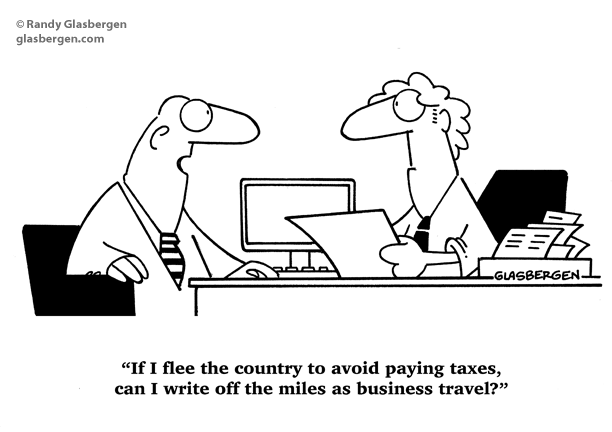IRS Scam Update: U.S charges 61 over India-based Impersonation Scam
October 28, 2016 by admin
Filed under Business News

In one of our earlier posts, we posted up a blog about how we can identify a fraudulent scam from a fake IRS representative.
Just recently, The US Justice Department charged 61 people and entities on Thursday on October 27, 2016 with taking part in a scam involving India-based call centers where agents impersonated Internal Revenue Service (IRS) where immigration and other federal officials and demanded payments for nonexistent debts.
The scam, which had operated since 2013, targeted at least 15,000 people who lost more than $300 million. Twenty people were arrested in the United States on Thursday while 32 individuals and five call centers in India have been charged, the department said in statement.
The defendants, including 24 people across nine U.S states, were indicted by a grand jury in the United States District Court for the Southern District of Texas.
United States Assistant Attorney General Leslie Caldwell said at a news conference that the United States will be seeking extradition of those based in India and warned others engaged in similar schemes.
“It’s really important for the scammers in India to know that the United States is looking at this, is watching them and they could, if they engage in that activity, be extradited to the United Sates and could sit in jail … for several years,” she said.
According to the indictment, the operators of the call centers in Ahmedabad, in the Indian state of Gujarat, “threatened potential victims with arrest, imprisonment, fines or deportation if they did not pay taxes or penalties to the government.”
Payments by victims were laundered by a U.S. network of co-conspirators using prepaid debit cards or wire transfers, often using stolen or fake identities, the statement said.
The call centers also ran scams in which victims were offered short-term loans or grants on condition of providing good-faith deposits or payment of a processing fee, it said.
The Investigation involved immigration and Customs Enforcement, Treasury, Homeland Security, U.S Secret Service and police officials, the Justice Department said.
***ARTICLE BASED ON REUTERS.COM***
How to Stop Expense Reimbursement Fraud
September 7, 2016 by admin
Filed under Business News

Expense reimbursement fraud schemes are among the most common types of fraud, accounting for 14% of all asset misappropriation fraud schemes, according to the 2016 Report to the Nations on Occupational Fraud and Abuse by the Association of Certified Fraud Examiners.
The organisations that suffer most from expense reimbursement fraud are businesses with fewer than 100 employees, and cases range from a few pounds for non-work related meals to hundreds of thousands in a systematic scheme over several years. This is not surprising given the limited fraud-prevention budgets available to small and mid-size entities. About 51.5% of large corporations have a dedicated fraud department, while only 15.7% of small businesses have them.
How can small and mid-size entities protect themselves?
Travel and expenses policy. A policy plays a key role in ensuring that rules are the same for everybody and all are aware of them. Implement a formal written policy and training on these new rules and deliver it to employees. Distribute a written copy of the policy to all existing employees and include it in the welcome pack for new hires. The policy should include a section on how to handle instances of noncompliance with the policy and punitive measures to be taken in cases of fraud.
Meaningful approvals. In the case study, the sales director didn’t carry out an accurate review of the sales manager’s expenses because he trusted him. This was what gave the sales manager the confidence to perpetrate the fraud comfortably. Trust is essential but should not be a reason to disregard control measures, especially when it comes to fraud prevention. Furthermore, for approvals to be an effective anti-fraud control, approvers need to be aware of which details they have to check and why. After the case came to light, approvers at the food company were given guidelines on how proper meaningful approvals should be carried out.
Cost monitoring. To discourage and detect potential frauds, implement two controls at different stages of the expense reimbursement process. At the food company, the first control had to be carried out when the paper expense claim and the receipts were submitted to the accountant. The documents submitted had to be checked to spot any questionable expenses. In addition, at the end of every month, the accountant had to analyse the average amount spent by employee or by type of cost (eg, meals, fares, and mileage) to spot any unusual trends.




